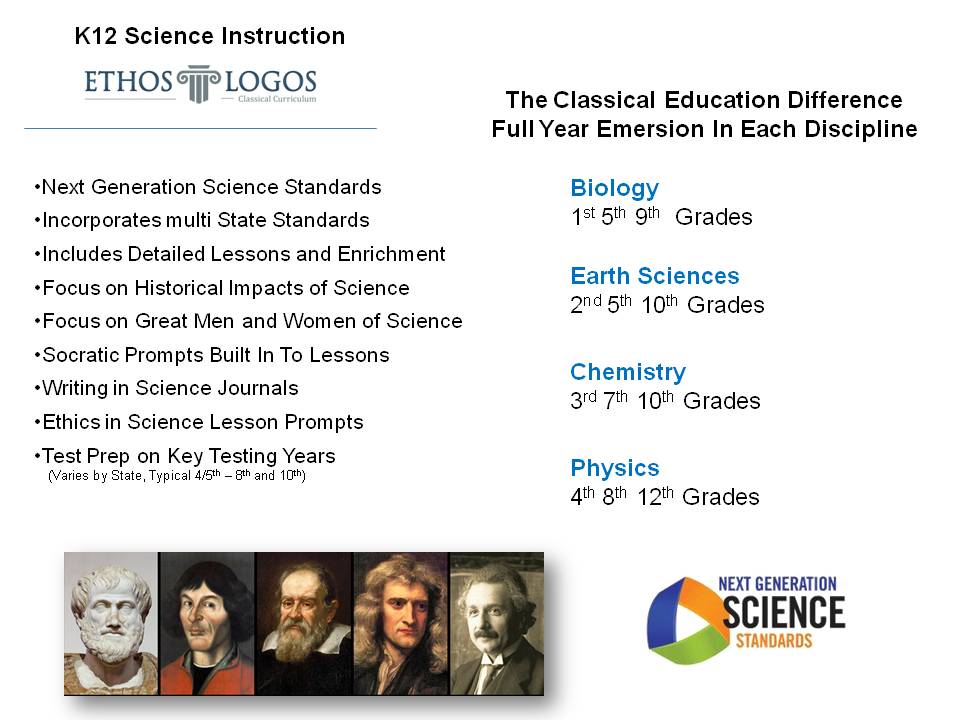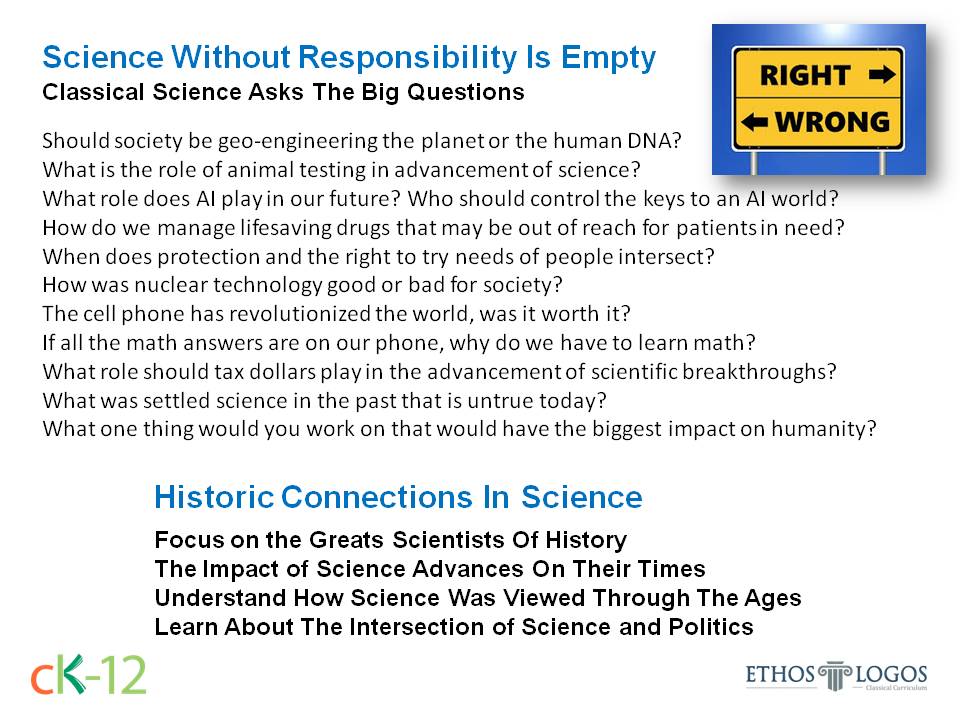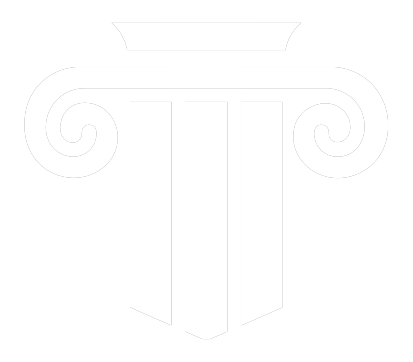The science program in Ethos Logos supported schools follows a pattern of one full year of Earth Sciences, Biology, Chemistry and Physics. With the repeating pattern of aligning 3rd to 7th and 11th grades and 4th to 8th and 12th grades and so on, students spend a full year in Chemistry three times in their time at a Classical K-12 school.
Exposing 3rd graders to a full year of Chemistry raised some eyebrows. Teachers that have followed the Ethos Logos model have been surprised at the excitement 8-year-olds have toward chemical reactions, states of matter and the periodic table.
All the concepts covered in state end of year assessments are integrated into the full year immersions found in the Classical model. Refreshers during testing years are embedded in the curriculum mapping to ensure mastery is attained.
The Ethos Logos Curriculum Program has built lessons around the new National Science Standards in Arizona, Colorado, Florida, Texas, Indiana, Georgia, Tennessee, and other states as well as incorporating Common Core science standards.
The keys to a Classical Education science program involve a heavy dose of hands-on learning, the fundamental skills of gathering data and the ability to report on what has been learned through written, oral and group projects. The scientific method has changed the way we find, test and discover new advancements in the four scientific disciplines. Scholars learn about the early pioneers in science and advancements that have occurred over the ages.
Unchecked, science can be all-consuming. Our science program prompts the students to have big debates around advancements and discoveries. For every great advancement the ethical dilemmas around testing, pricing, availability and so on are important to understand.

Science, The Trivium and Classical Education
Science will follow the Trivium based learning stages with the grammar stage introducing basic information in the four scientific categories. During the logic stage, where scholars naturally begin asking the "why’"questions, the role of the instructor is to expand on the students' curiosity and stretch their research skills by guiding their discovery of deeper topics. The rhetoric stage involves the bigger debates and the synthesis of what has been learned in the past with application into deeper topics. Courses are built out to include Advanced Placement, AP Bio, AP Chemistry and more.


